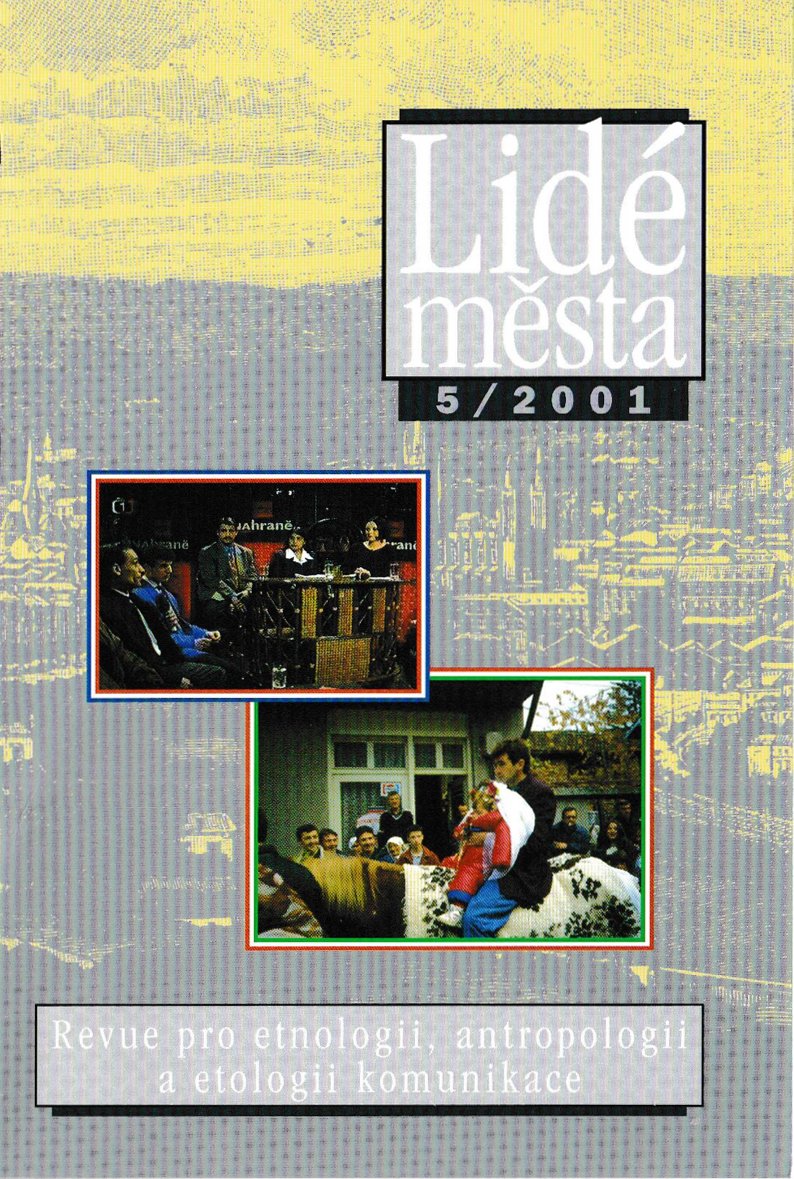Politické kultury reálného socialismu
DOI:
https://doi.org/10.14712/12128112.4099Abstrakt
The prospects for an harmonious and unimpeded development of democracy in the post-communist countries remain one of the central concerns of the political science research at the beginning of 21 st century. These countries' chances to develop a stable and prosperous democracy are limited or pre-determined by the continuing presence of the patterns of thought and behavior which evolved in response to the specific conditions of life in a communist political system. The extended exposition to the influence of the patterns of attitudes typical of the communist regime could not fail to modify the patterns of attitudes which determine political behavior of the citizens in the post-communist era. In this article, the conceptual framework of the political culture theory is used in an attempt to discover and investigate the various psycho-cultural effects the political system of so called "really existing socialism" had on the post-communist political culture in the Czech Republic. In the first part, a survey of the most important concepts of the political culture theory relevant for the study of post-communist political culture is offered. Notably, Almond and Verba's notion of the civic culture and various psychological theories (Adorno, Eysenck) are sketched out and their importance for the question discussed is established. In the analysis of the Czech communist and post-communist political culture the distinction introduced in earlier studies of communist political systems between an ideal and an actual political culture is maintained, the former being the set of political attitudes postulated by the official ideology and the latter the one to be empirically found in the society. Within the actual political culture, four main subtypes were distinguished: 1. culture of acceptance; 2. culture of adaptation; 3. culture of escape; 4. culture of protest. The idea! political culture was sought in the texts of Marxist-Leninist authors concerned with the citizens' political activity. The political activism proclaimed by the official ideology was shown to remain in the domain of mere postulations. Similarly the concept of "political awareness" was deprived by the official ideology of its emancipatory content and changed into a means of manipulation. Less veiled was the official support for the citizens' escape into the private sphere and the emphasis on collectivist, as against individualist, values. In the closing section of the article various elements of present Czech political culture which can be traced back into the communist political culture, both ideal and actual, are discussed. The inheritance of the communist past includes: predominance of passive orientations toward politics, excessive proportion of parochial, "privatist" attitudes and, in the political elite, a preference for the conception of "antipolitical" politics, a conception that favors in formal political structures, community-based solidarity and extra-institutional channels of political communication.
Stahování
Publikováno
Jak citovat
Číslo
Sekce
Licence

Tato práce je licencována pod Mezinárodní licencí Creative Commons Attribution-NonCommercial-NoDerivatives 4.0.


